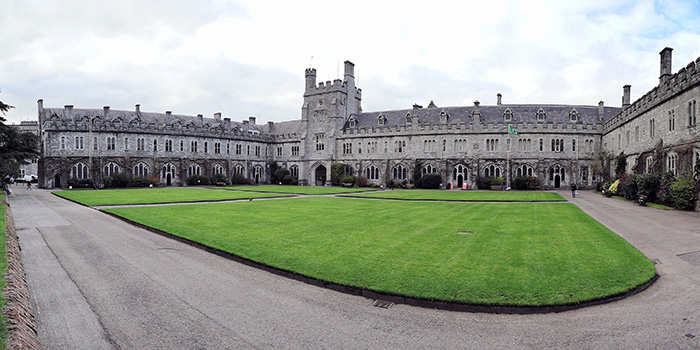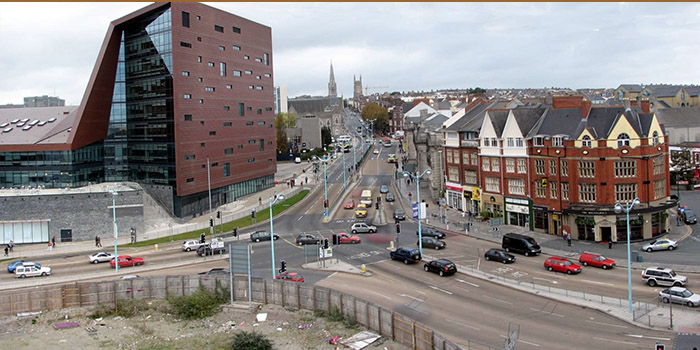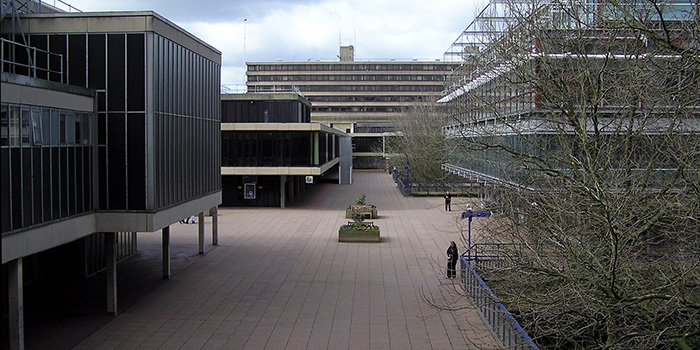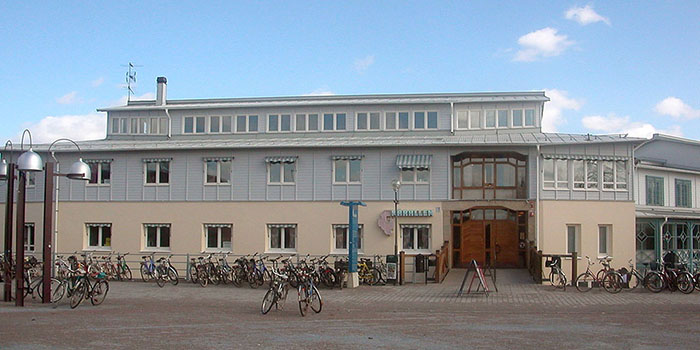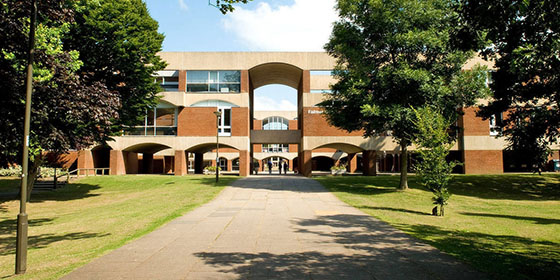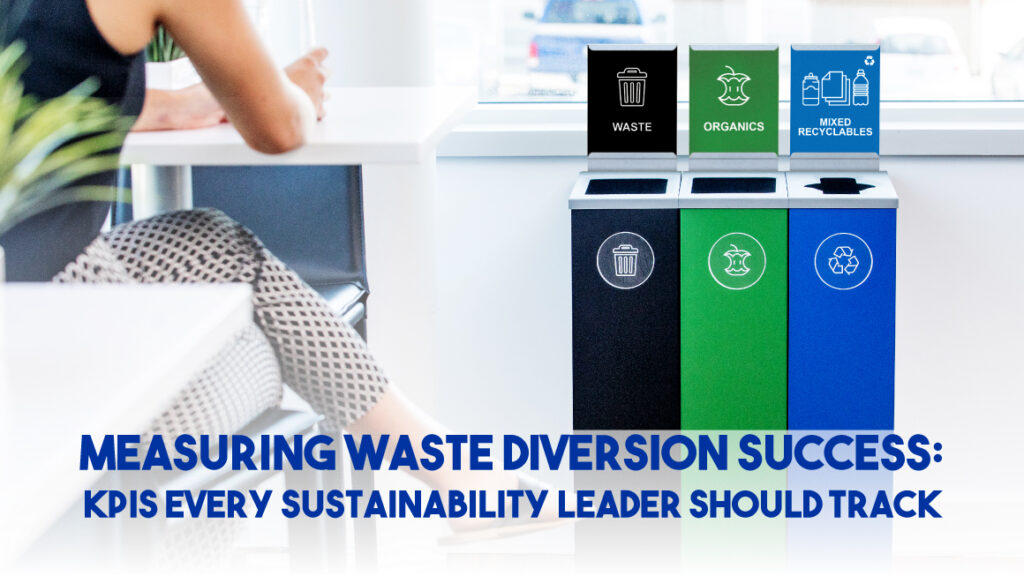From the United Kingdom, all the way to Malaysia, universities are putting an emphasis on going green and have made campus sustainability a priority to both the students and the community. Colleges around the world have decided to make sustainability a priority on their campuses.
Many of the top schools have put a focus on reducing their carbon footprint, implementing campus-wide initiatives to eat organic foods, and organizing campaigns geared towards decreasing the use of electricity.
In no particular order, here are some of the leading sustainable campuses in the world.
![]()
University of Nottingham
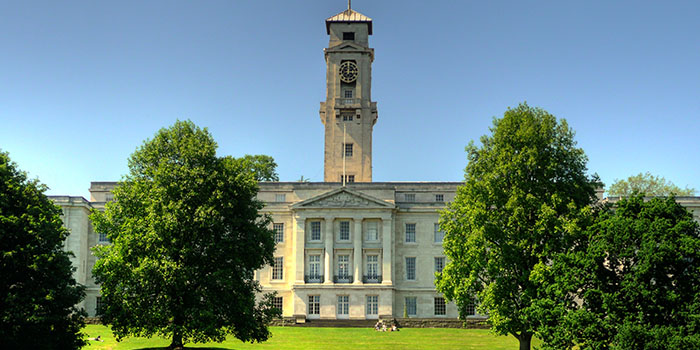
Location: United Kingdom
Why So Green?
- The University of Nottingham composts around 500 tons of garden waste each year that is then reused within the campus grounds as a soil
- Ensures BREEAM Excellent rating (A widely used environmental assessment for buildings) as a minimum for all new capital projects and buildings.
- Has been the recipient of the Green Flag Award for parks and open spaces for thirteen consecutive years.
- Plans to reduce carbon emissions by 7,000 tons per year have been put into effect by building three wind turbines near the campus.
![]()
University College Cork of Ireland
Location: Ireland
Why So Green?
- Achieved an enormous increase in the campus recycling rate from 21% in 2007 to 80% in 2015.
- UCC has reduced the campuses total energy consumption by 9%.
- Over the last 6 years, the university has achieved savings of €1,000,000 in waste costs.
- Since 2007, over 750,000 cubic meters of water have been conserved and overall water waste has been significantly
![]()
University of Plymouth
Location: United Kingdom
Why So Green?
- Awarded Food For Life Bronze status for ethical and local food sourcing.
- Currently recycles 56% of waste with aims to recycle 70% of their total waste.
- Working towards being carbon neutral by 2030.
- The campus features 12 vegetable beds for growing produce and 15 endangered and rare species of trees were planted on campus contributing to the college’s biodiversity.
- The college provides Green Travel passes for staff as well as over 290 bicycle parking spaces on campus.
![]()
Putra University
Location: Malaysia
Why So Green?
- UPM planted 1000 trees on campus for Eco Day 2014.
- “Recycle to Cycle” campaigns (amongst other campaigns) are actively getting students involved in reducing their carbon emissions while going to class.
- Putra Universities main research focuses are on Sustainability issues. These include; Global warming, biodiversity/wildlife conservation, and energy, water, and security.
![]()
University of Bath
Location: United Kingdom
Why So Green?
- The University generates its own energy using over 200 solar panels and CHP engines(Combined Heat and Power) producing two million units of electricity a year (enough to power 600 houses).
- Over 1000 utility meters, on automated monitoring systems.
- the very first university to go through the Carbon Trust Higher Education Carbon Management Scheme.
- Over the last eight years, electricity usage has dropped by 10%. Gas usage has gone down by 20% and water usage has decreased by 26%.
![]()
Linkoping University
Location: Sweden
Why So Green?
- Home to numerous programs of study focusing on sustainability, LU focuses a lot of their research on environmental and sustainability development.
- Offering a broad range of fair trade and organic food options at restaurants across campus.
- Linkoping University is considered to be one of Europe’s largest bike-friendly campuses significantly reducing carbon emissions.
![]()
University of Sussex
Location: United Kingdom
Why So Green?
- Excellent BREEAM building rating standard. Sustainable buildings include light-catchers to reduce heating and cooling, rainwater harvesting and energy efficient lighting.
- Working towards a goal of reducing CO2 emissions by 44% by the year 2020.
- US successfully cut carbon-dioxide emissions on campus by 25% in 5 years by replacing old energy-inefficient buildings and improving the insulation and energy use of existing buildings.
Want us to add your school to the list? Drop us a line and let us know what your school’s been doing to keep it green!
![]()
Sources:
http://www.huffingtonpost.ca/2013/01/14/green-universities_n_2474391.html
![]()

